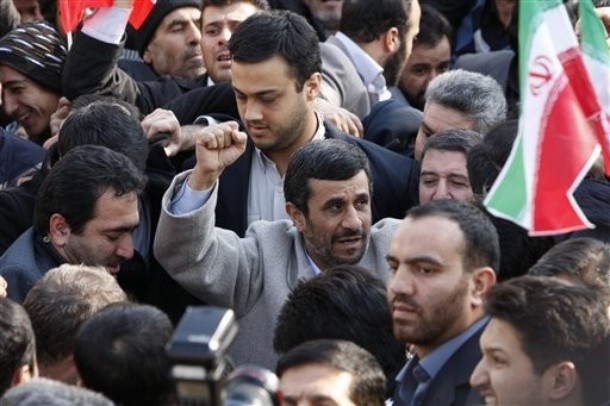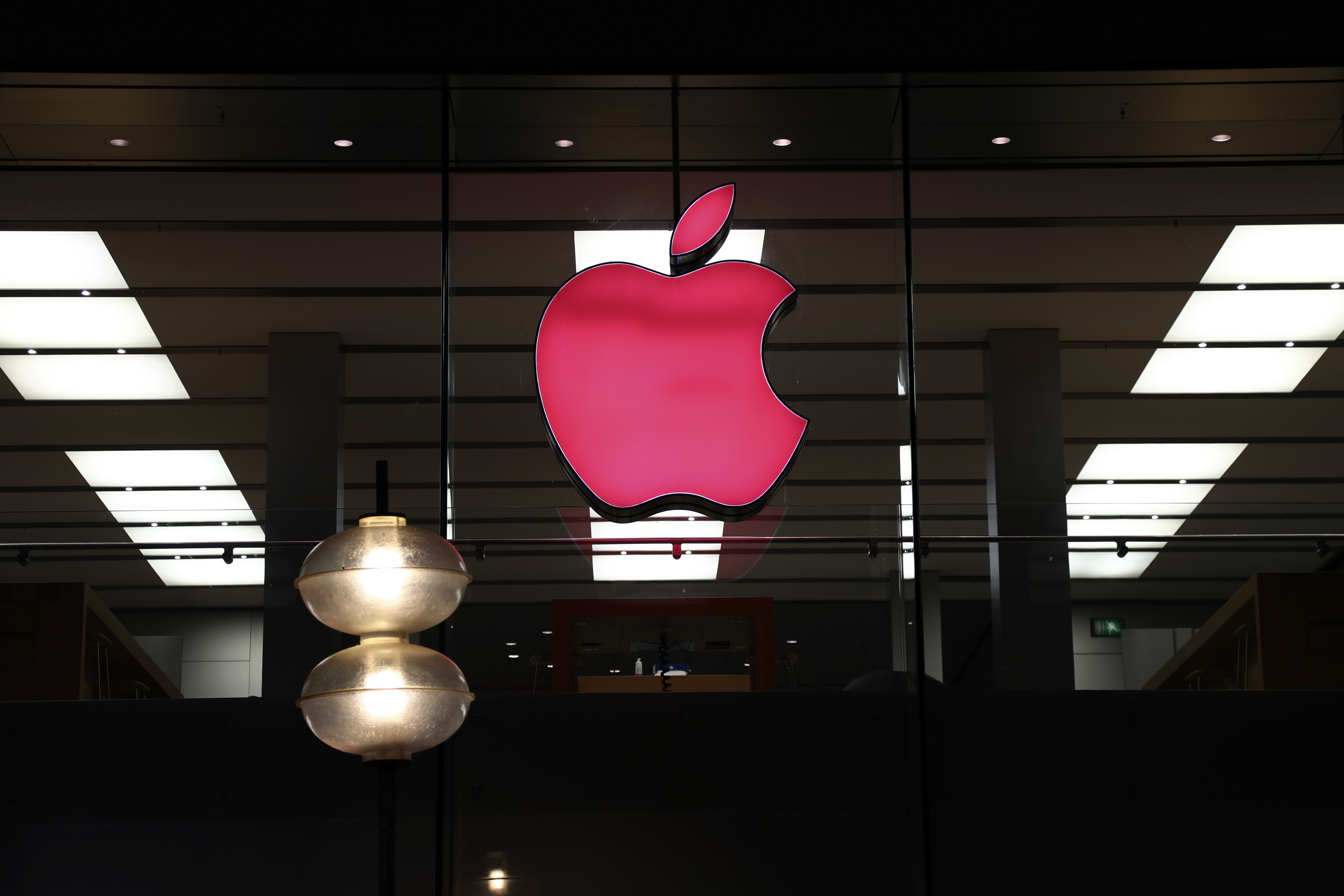Is Iran cautious?

Writing in Foreign Policy, Bilaal Saab shares his experiences during two U.S.-government sponsored war games on Iran:
Unfortunately, there are two important challenges to Washington's effort to read Tehran. First, though U.S. intelligence on Iran is slowly improving, it remains severely lacking. Americans barely know how Iran functions in peaceful times, let alone how it would respond to an external threat it might perceive as existential.Second, the Iranian regime is notoriously opaque and factionalized. There may be political harmony and ideological congruence between the IRGC and Supreme Leader Ayatollah Ali Khamenei, but there is no reason to presume that these two central players (and that's assuming the IRGC is a homogeneous organization) have identical beliefs. This makes any attempt at deciphering the collective Iranian response to a possible U.S. preventive attack more elusive.
All participants agreed that history could serve as a useful guide to the future. The United States relied on a similar approach during the Cold War, dissecting Moscow's response to multiple crises in various theaters and concluding that its enemy was politically aggressive but militarily cautious.
Today, the United States needs that same type of strategic assessment vis-à-vis Iran, if Washington ever finds that the only way to solve the Iranian nuclear problem is through the calculated use of force. By carefully examining, for example, how Iran fought in the 1980-1988 war against Iraq, how it behaved during several military crises with the United States (the 1987-1988 and 1995-1997 ones are two examples), and how it "instructed" Hezbollah to respond to Israel during the 2006 summer war, we can very roughly deduce the following: Its messianic ideology and belligerent rhetoric notwithstanding, Iran is not suicidal.
Saab makes this point in the context of wondering whether Iran would lash out directly and forcefully against the United States if President Obama orders a military strike on Iran's nuclear facilities. It could also guide our thinking with respect to a possible containment regime.
(AP Photo)











